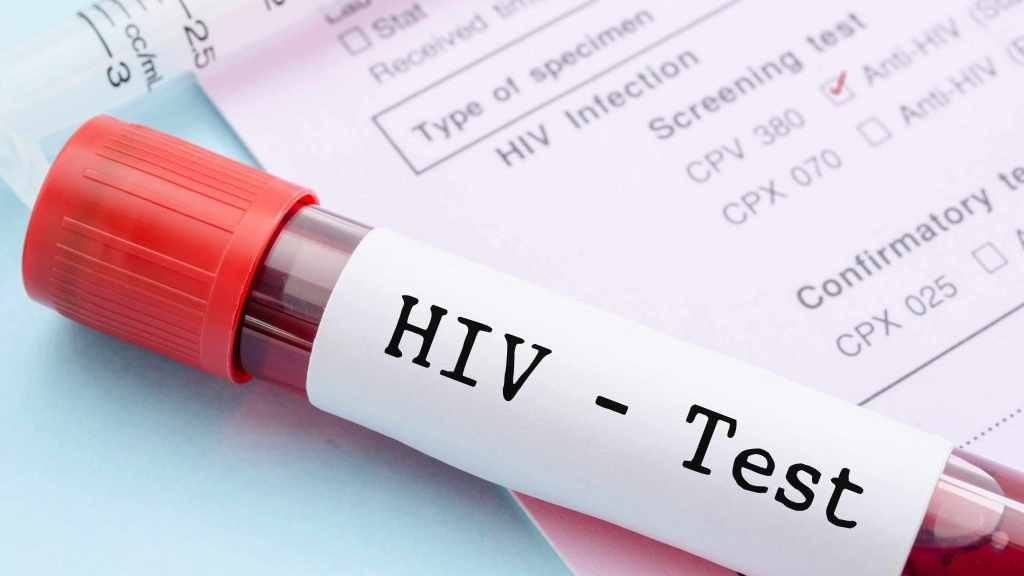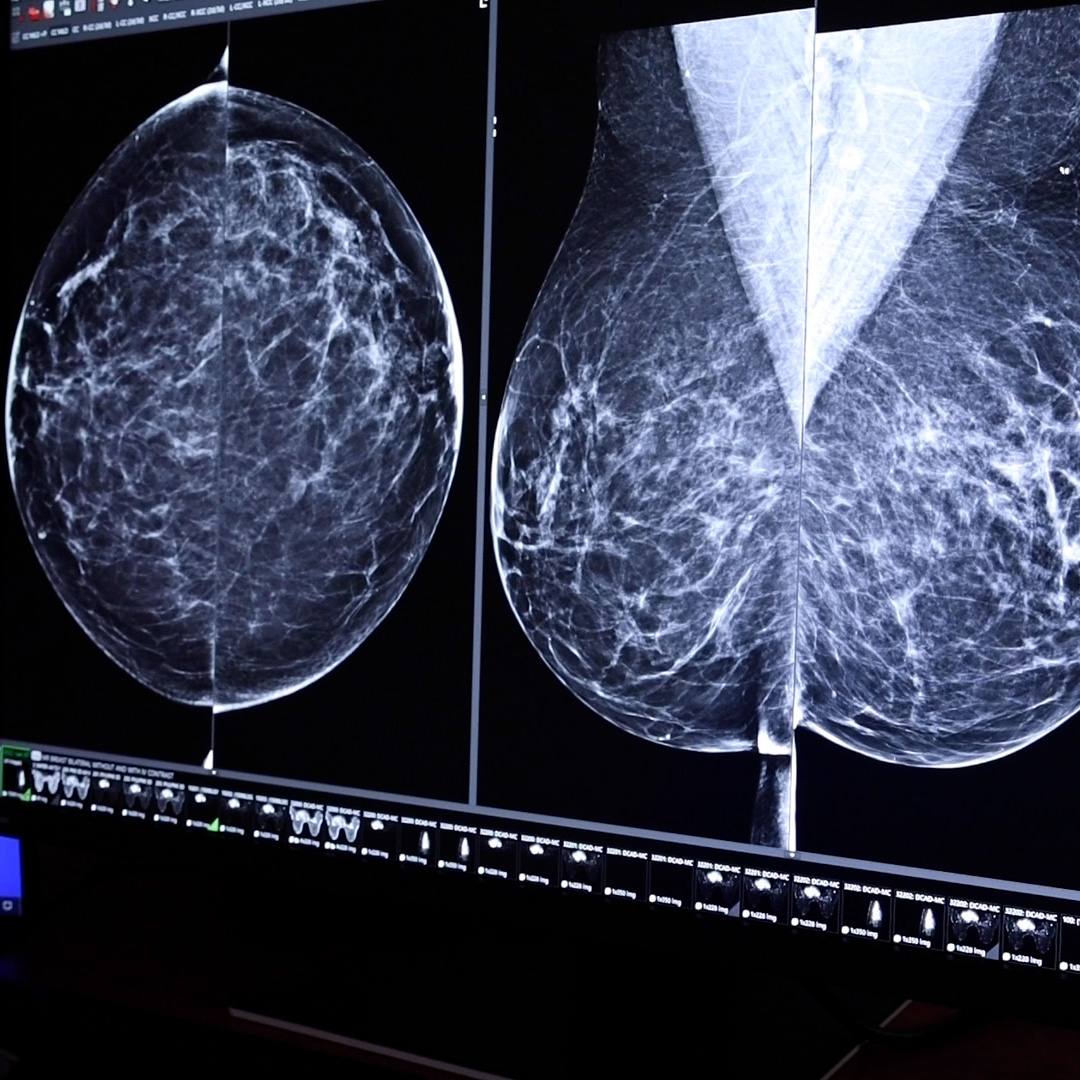It's not making major news headlines like in the '80s, but HIV remains a significant health concern. About 38 million people are living with HIV, the virus that causes AIDS, according to the World Health Organization.
June 27 is National HIV Testing Day, a reminder to get tested and know your HIV status. This year's theme is self-testing. Knowing your HIV status helps you choose options to stay healthy.
Dr. Stacey Rizza, a Mayo Clinic infectious diseases specialist, says people should take the virus more seriously.
"I want people to know that it's still prevalent in society," says Dr. Rizza.
Journalists: Broadcast-quality video (0:59) is in the downloads at the end of this post. Please courtesy: "Mayo Clinic News Network." Read the script.
Dr. Rizza says HIV attacks and weakens the immune system. It destroys a type of white blood cell called CD4 which protects against infections. She says most people in the early phase of the disease often don't know they have it.
"It can hide away in the body in a latent state for many, many, many years, and that's why it's so difficult to cure HIV," Dr. Rizza explains.
If you're HIV positive and unaware of your status, you can unknowingly transmit the virus to others through sexual contact or sharing needles.
Dr. Rizza says HIV prevention includes using barrier protections, like condoms, dental dams and female condoms, and using clean needles.
Screening for HIV can help detect the virus early, and knowing your status enables you to prevent spreading it to others.
"I would love for more of society to get tested for HIV and then connect those who are infected to care so we can take care of them and give them long, long, healthy lives," says Dr. Rizza.
HIV can be diagnosed through blood or saliva testing. Tests include:

- Antibody tests: These tests look for antibodies the immune system produces in response to HIV infection.
- Combination tests: These tests look for HIV antibodies and antigens (proteins produced by the virus).
- Nucleic acid tests: These tests look for the genetic material of the virus in the blood.
- Home test kits: These are HIV tests that can be done at home using a saliva or blood sample.
Related posts:
- Consumer Health: Treating HIV/AIDS
- HIV research provided foundation for COVID-19 research
- Forty years of HIV/AIDS: Will the epidemic end?







